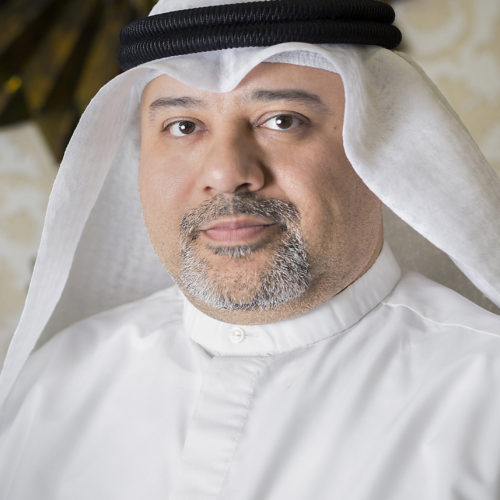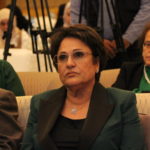Secretary General in the General Secretariat of the Supreme Council for Planning and Development in Kuwait
Khaled A. Mahdi is the Secretary-General of the Supreme Council for Planning and Development (GSSCPD) of Kuwait, and is the Program Director of the Country Plan Action Program of UNDP in Kuwait. He is a member on several high-level government boards and committees, such as the Public Authority for Industries, the Kuwait Institute for Scientific Researches, the Public Housing Authority, the Economic and Fiscal Reform Committee and the Kuwait Master plan 2040, among others. Since he assumed his current post, Khaled established four development research centers at GSSCPD: the Kuwait Public Policy Center (KPPC), the National Knowledge Economy Center (NKEC), the National Development Research Center (NDRC) and the National Sustainable Development Observatory (NSDO). And in his capacity as Secretary General, Khaled established Kuwait’s National Standing Steering Committee for the Implementation of the UN Agenda 2030 for Sustainable Development Goals (SDGs), in addition to signing several MoUs with local and international organizations to bolster GSSCPD’s capacity and to strengthen GSSCPD’s bilateral relations with strategic partners.
Khaled is a B.Sc. graduate of the University of Toronto and holds a Ph.D. degree from Northwestern University in Chemical Engineering. He is a Certified Consultant Engineer (CEng), a Project Management Professional (PMP) and PRINCE2, a certified GCC Arbitrator, and is a member on several international organizations. Khaled was an Associate Professor in the College of Engineering and Petroleum at Kuwait University where he taught 30 different engineering and management courses, received the best teaching award, co-authored more than 65 publications in different fields and cofounded SYNERGY, a complex system research group. Khaled served as an Advisor for the Kuwait University strategic office and for the Minister of Planning and Development Affairs office. He professionally trained more than 1300 professionals and engineers. He sat on several boards of local and regional industrial corporations.





